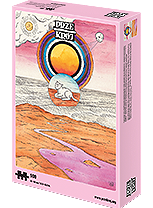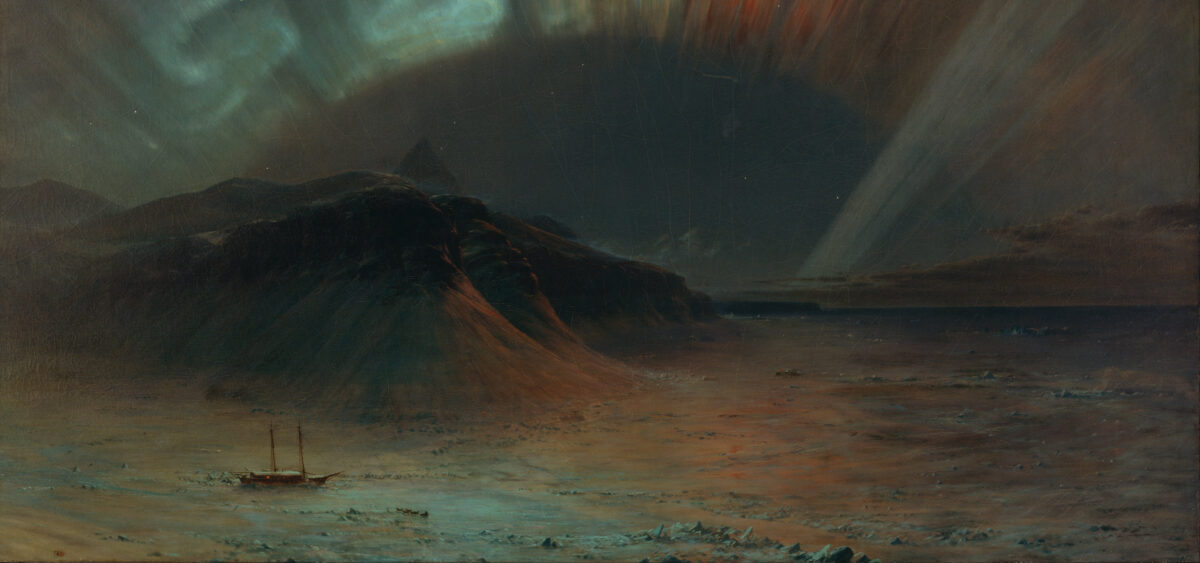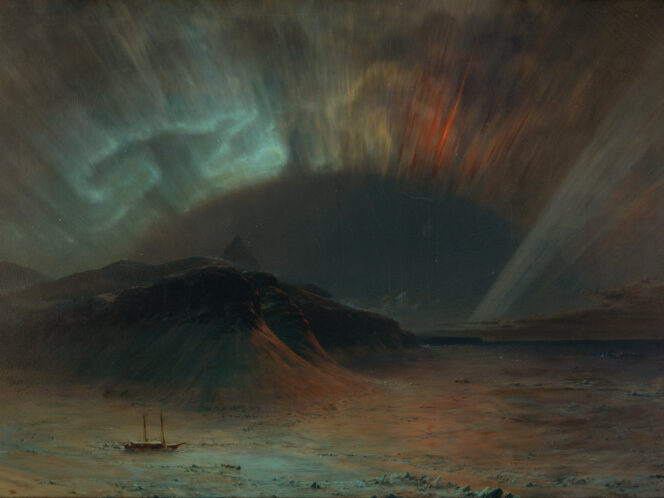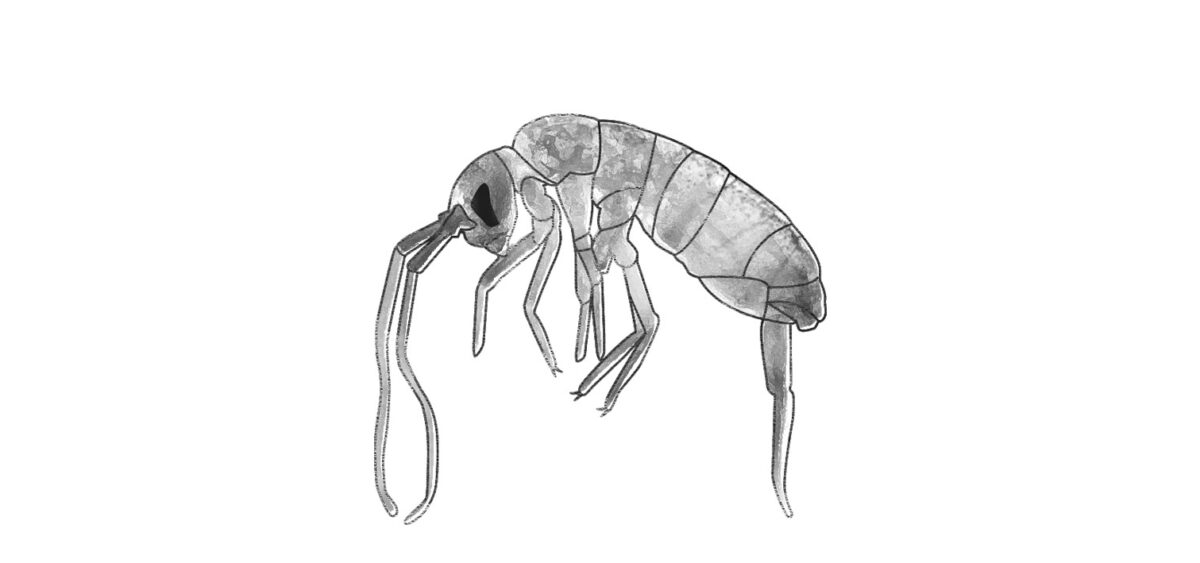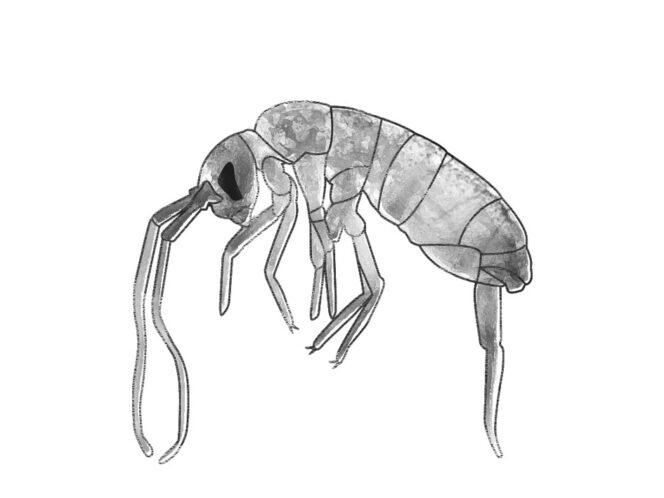
The story of how the fifteenth son of a mussel diver wanted to become a knight, and how some islands are inhabited by beasts, while others are not.
In the name of the Father, the Son, and the Holy Spirit. Glory be to the One Triune God and to all His saints. Honor to the great Dagda and His descendants to the fortieth generation. May we be led by Osian, Taliesin of the Shining Brow, and Nimian of the Lake. May Nuada in his silver hand bring us a leaf from the tree of stories, older than the oldest gods, a tree that no one planted, and no one can say when it grew, and there is nothing that is not a part of it. Amen.
Our story stems from others, older and stranger than itself. It is the story of Bran Bury and how he became the Spiked Knight, and how he got that name. It was written by me, Radek Rak from the City of Four Mounds, to give you a moment of joy.
Bran Bury lived centuries ago on the Island, the largest island in the world. In order to cross it from the north end to the south, you would have to travel from one Sunday to the next Sunday; west to east, from Sunday to Friday—well, maybe to Thursday vespers, as long as you had long legs; there was no snow in the mountains, no rain in the valleys, no marauding robbers on the roads, and no sorcerers or other monsters in the wilderness. It would have taken much less time on horseback, but Bran, the fifteenth son of a mussel diver, did not own a horse. Nor did anyone in the Bury clan nor any of his neighbors. So it was hard to say how much the Island would have shrunk were it traversed in the saddle. Perhaps, the journey would take the same time, or longer, for different adventures await the horseback rider—more chivalrous adventures, such as feasts, hunting, and fighting monsters—and each of these might turn out to be time-consuming.
At this point, Bran was poor, and his adventures had been poor, too. His horizon to the north was formed by a dark, angry sea, and to the south lay dark, brooding mountains. His life was marked by the rhythm of the rising and falling tides as he collected mussels—and sometimes, after the autumn storms, amber. There was one lump, as big as a goose’s heart, that Bran kept with him in secret at all times. He could have exchanged it for a bag of sweets at Saint John’s feast or for new clothes and shoes at the Christmas fair. But he would have devoured the candy, his clothes would have gotten holes, and his shoes would have gotten wet or been stolen by his older brothers. But the beauty of amber was long-lasting and did not yield to the passage of time, and besides, it is good to have something beautiful for oneself, something that nobody knows about, that can be enjoyed alone.
Apart from the amber, the fifteenth son of a mussel diver was keeping one more thing to himself: the prophecy of an old dog. Yes, a dog. The tide had thrown her ashore—big, spotty, and fat like no other dog Bran had ever seen, and her paws were so tiny they barely protruded from beneath her body. Basking in the faint rays of the winter sun, she stuck out her gray muzzle towards him, and she seemed very pleased, although the cold was nipping at her calves and a damp was settling in her bones that made it impossible to really get warm.
“I’ve never seen such a fat dog,” Bran began, not very politely, because no one had had the time to teach him things like manners. You can’t eat manners, nor can they provide warmth, so they’re not a particularly useful thing for a mussel diver. Anyway, a dog is just a dog.
“Sea dogs need fat. It protects us from the cold in the far northern regions, where sometimes the ice lasts until July.”
“You lie like a dog. I’ve never heard of dogs living in the sea. Chasing hares on the moor or yapping in the kennel, yes. But not in the sea.”
“Humans can’t even catch the stupidest of hares,” said the dog, irritated. “And they can only outrun a snail because they have two legs and a snail has none. But I don’t say that they ought to live on a moor or be chained to a kennel, because I know there are sea people, too. I’ve seen them many times on my travels.”
“But they sail in ships.”
“And sea dogs sail on fat. You are an extremely dull and rude boy. It’s a wonder you haven’t been knighted yet. Then you would be free to treat other creatures like dirt and revile them for fun. I predict a great future for you.”
With those words, the dog leapt into the waves, spraying Bran with cold water. For a moment, her gray head was still visible, and then she dived beneath the surface and was gone.
**


